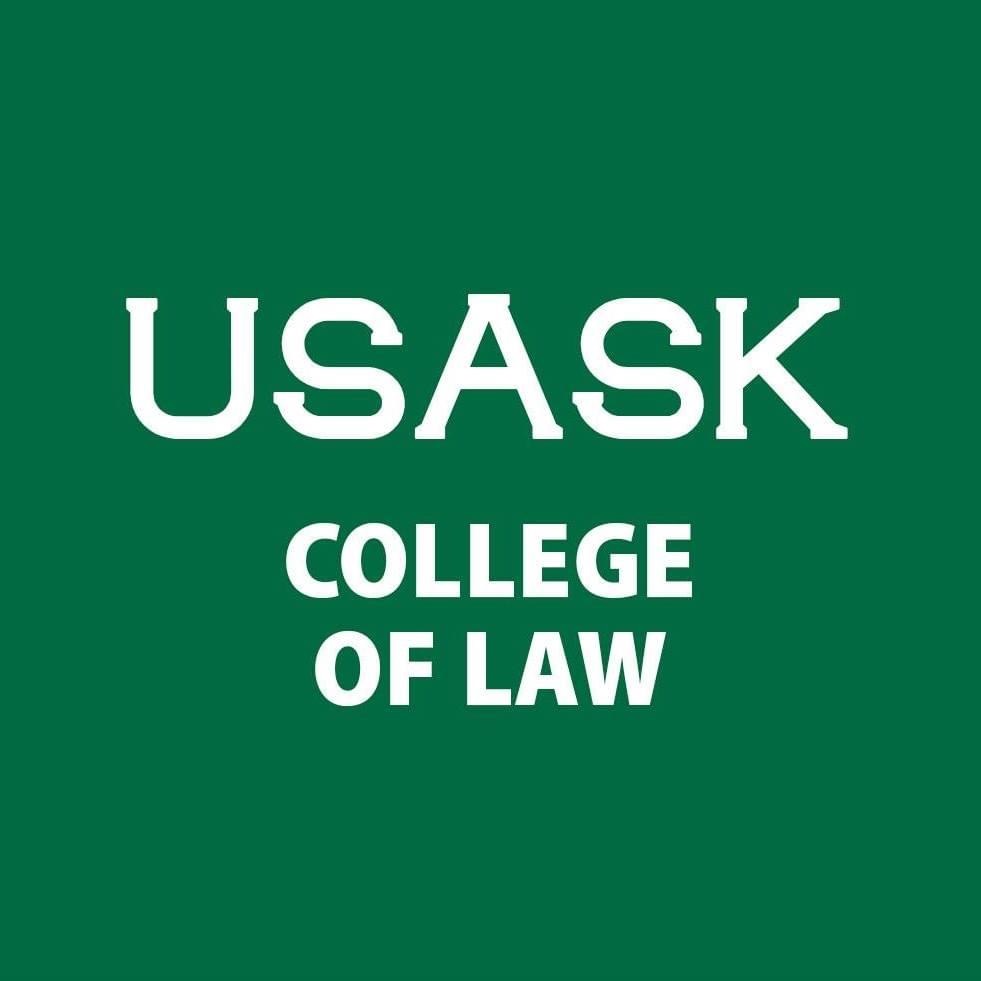
College of Law response to Statement on Anti-Black Racism by the Canadian Council of Law Deans (CCLD)
The College of Law at the University of Saskatchewan acknowledges the recent statement on Anti-Black Racism by the Council of Canadian Law Deans (CCLD) which stated, in part, that “members of the CCLD stand in solidarity with all who mourn and who have denounced examples of systemic racism in Canadian and other societies, and, in particular, violence perpetrated against racialized people in Canada.”
The College also wishes to acknowledge that anti-Indigenous racism is part of the daily lived experience of Indigenous law students and their communities and that we stand behind the Indigenous Law Students Association and Indigenous students from the College of Law who study in both Saskatchewan and Nunavut. Furthermore, the College endorses the CCLD Declaration when it states that:
“We know that law schools can play a critical role in dismantling systems of institutionalized racism in our society. As legal educators we can contribute productively to the ways in which these issues are addressed in the curriculum and in the legal system more generally. We want all our graduates to appreciate that racism has no place in a society governed by the rule of law, and that as members of the legal profession they must play a role in ameliorating the damage caused by racist practices in the Canadian legal system.”
Finally, we support the CCLD’s commitment “to continuing the efforts in each of our law schools to focus on issues of racism, and the role of law in maintaining those systems, as we teach and learn with our students and as we examine and develop our curricular offerings. We also commit to finding more opportunities to consider the ways in which law can be a force for change in unsettling embedded racism. We will seek to advance the goal of removing racism from the operation of the legal system through the clinical and extra-curricular opportunities we provide to our students, in our student recruiting and faculty hiring, in our support for the research communities examining these issues and in our engagement with the broader legal community.”
